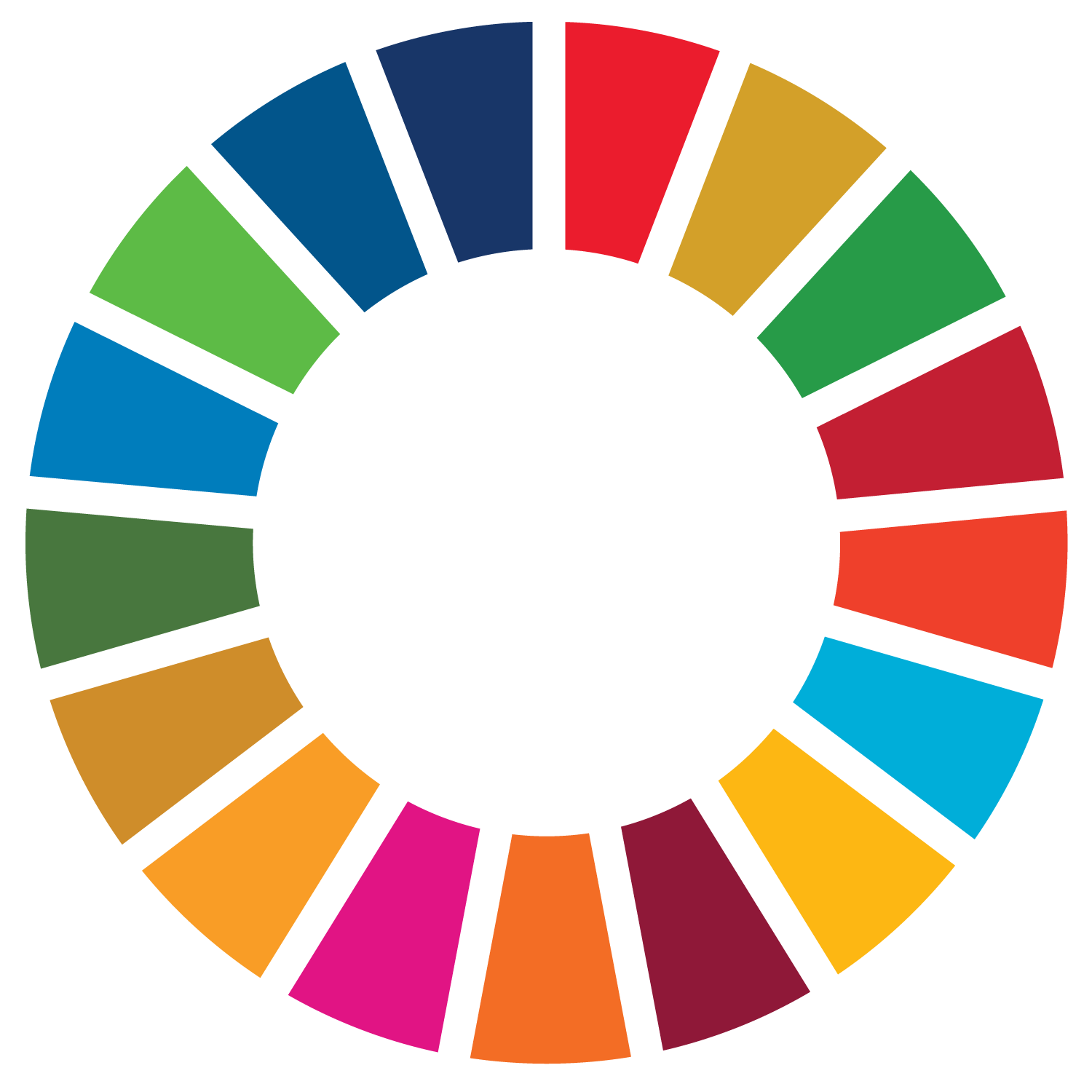© Per Bøgelund Hansen
Peatlands are unique and rare ecosystems that are crucial for global efforts to mitigate climate change and achieve Sustainable Development Goals. Despite only covering around 3-4% of the planet’s land surface, peatlands are the largest natural terrestrial carbon store in the world. According to the IUCN, restoring degraded and overexploited peatlands can significantly reduce greenhouse gas emissions, preserve biodiversity, minimize flood risks and ensure safe drinking water.
The UNEP-DHI Centre on Water & Environment is implementing a project aimed at protecting biodiversity and key ecosystem functions related to carbon storage and water resources in the Congo Basin Peatlands. The project will support governments and stakeholders of the Republic of the Congo (ROC) and the Democratic Republic of the Congo (DRC) to mitigate climate change and development impacts on biodiversity, water and carbon, enabling a biodiversity-friendly development pathway.

© Per Bøgelund Hansen
Background and desired outcomes of the project
The focus of the project is the Lac Télé / Lac Tumba landscape, one of the most carbon-rich ecosystems on Earth straddling the border between the ROC and DRC. This landscape covers about 126,440 km2 of the Cuvette Centrale peatland, which is estimated to be the world’s largest continuous tropical peat complex at 145,000 km2, storing 30 billion tons of carbon – equivalent to two years of global carbon emissions. However, peatlands are one of the least understood and monitored ecosystems in the word, and effective peatland management is hindered due to lack of data. By incorporating biodiversity- and climate-friendly development pathways in policy frameworks, the project will support the sustainable implementation of peatland management along with inclusive socio-economic development in the ROC and DRC.
Role of UNEP-DHI in the project
UNEP-DHI is playing a key role in the implementation of Workstream 3 of the project, “Water and Climate”. Outputs that UNEP-DHI is overseeing include establishing a hydrological model and Decision Support System; identifying the impacts of key development and climate change threats on peatland hydrology; supporting the development of a peatland monitoring system; and developing a water resources management plan for the Lac Télé/Lac Tumba Landscape through stakeholder consultations.
The project is implemented by UNEP and FAO, and financed by the German International Climate Initiative (IKI). Read more about the project: https://www.international-climate-initiative.com/PROJECT1609-1
For more information contact Lisbet Rhiannon Hansen lrha@dhigroup.com
Partners:
Share this post
UNEP-DHI Centre on Water and Environment
Agern Allé 5, 2970 Denmark
Tel: +45 45169200


